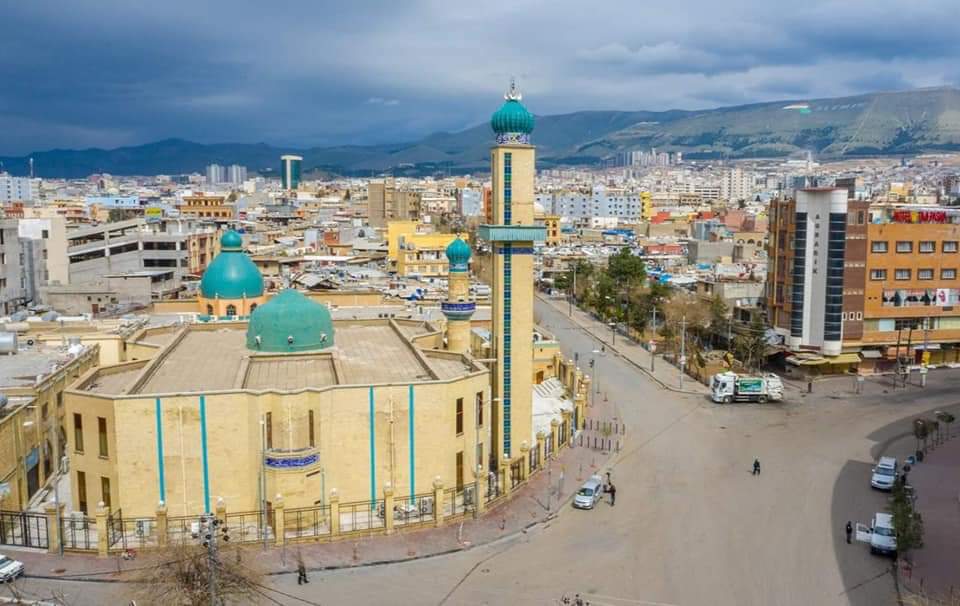On 6 September, in front of Sulaymania’s Sara centre, which was once the administrative hub for the wider region, a new slogan could be heard, “we demand Slémani [Sulaymania] to be made a [federal] region in order to bring about improvements and better living conditions.”
This notion currently has no political backing. Many obstacles stand in its way, but might get the support of the province’s residents.
This notion is pushed forth by a committee consisting of mostly young people. They have established an office and travel around the towns in cities in Slémani province to gather support. They are visible in the media and social media platforms.
“I believe that the Slémani province is neglected in every aspect. Most countries in the world have federal systems for their provinces. But unfortunately, the Kurdistan region is practicing a centralized system, which can’t provide even the basic services like electricity and water for its citizens,” said Bayar Omar, a member of the committee.
the Kurdistan region is practicing a centralized system, which can’t provide even the basic services like electricity and water for its citizens
The stages to implement this project, is according to Article 13 from 2008 law ratified by the Iraqi Parliament, and relies on Article 119 of the Iraqi constitution. The first stage is collecting signatures from residents of the province, then a referendum would follow in the next stage.
The committee is now campaigning for their project. Bayar Omar told KirkukNow: “We will collect 30,000 signatures in the next two weeks, which amounts to 2% of the voters in Slémani. We will then send it to the Iraqi Elections Committee so that they place polling boxes.”
According to the introductory text of the project, until a constitution is written for the potential Slémani Federal Region and approved in a referendum, the institutions of the province will remain functioning.
It also mentions that the region will have its own flag and anthem. Kurdish will be the official language of the region. The right to get education in one’s mother language will be guaranteed.
Strong and weak aspects of Slémani
Slémani is rich in oil, gas, agriculture, farming and tourism. But none of those have been adequately developed.
According to some, the province sits on an oil reserve of 35 billion barrels in 27 blocks. But oil production is very low in the province. The Kurdistan Region exports between 450 and 500 bpd, of which 40 to 50 bpd is produced in Slémani.
According to numbers from the Ministry of Natural Resources, there is an estimated 5.7 trillion cubic metre of gas deposits. About 70 to 80% of it lies within Slémani province. But the revenue from the gas is not spent on the province as most of it is used for electricity generation for the Kurdistan Region, and the rest goes to DANA Gas company.
Ghalib Muhammad, a member of the Iraqi Parliament from Slémani, says that many of Slémani’s gas deposits are untouched. “When conditions were good, KDP didn’t allow work to be done in that region. Oil production reaches 40,000 to 50,000 bpd.”
Regarding the gas, he said, “it is used to generate electricity for the Kurdistan Region. If the gas is sold, it could be used to pay salaries. The Province is rich in agriculture and has two dams.”
Slémani has 2,8 million dunams of agricultural lands. The province has 110 dunam of vineyards; 1.5 million sheep and goats; 160,000 cattle; 800 poultry farms, 2000 dunams of artificial fishponds, along with the Dukan and Darbandikhan dams.
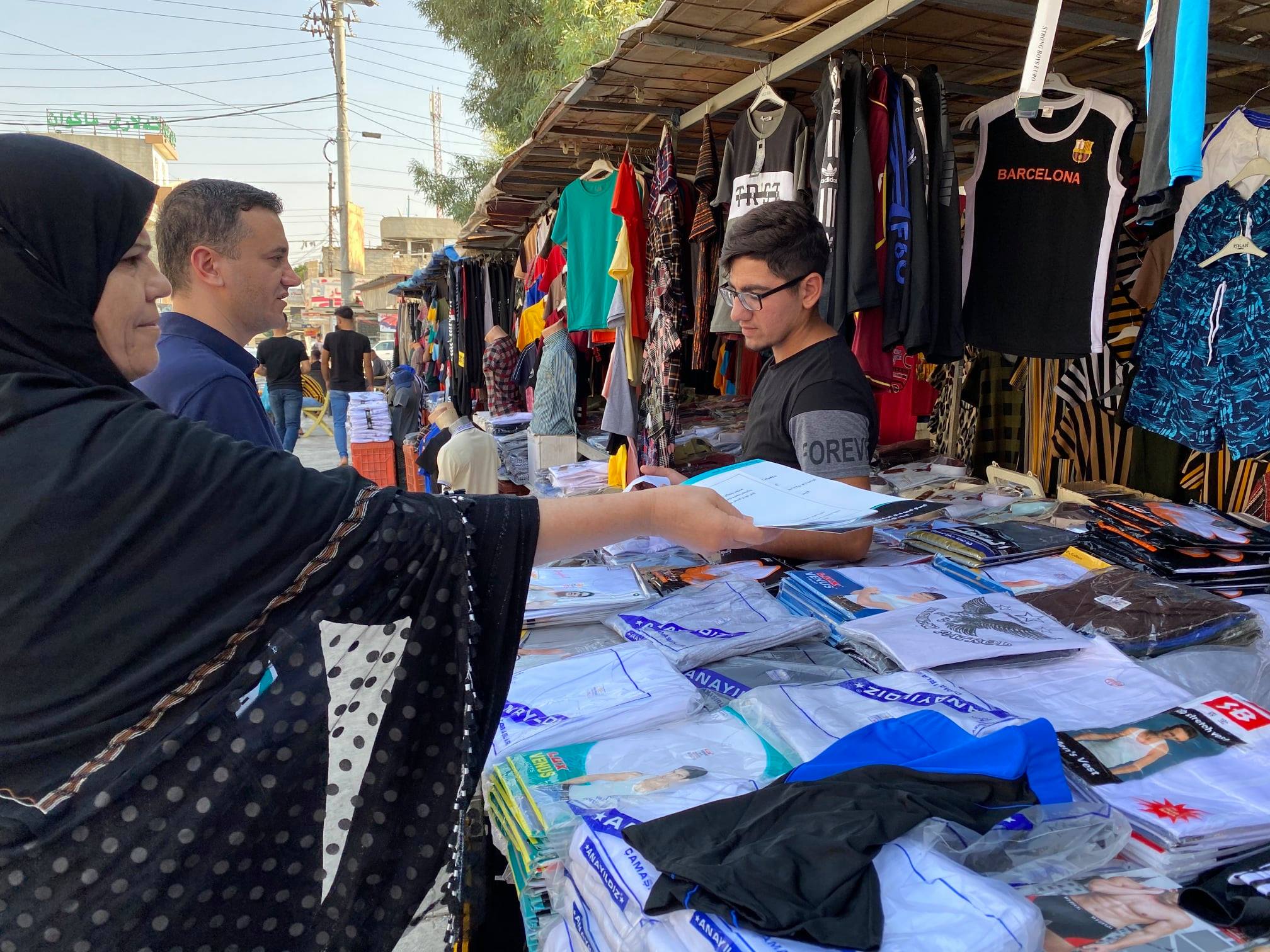
Shalaw Muhammad, director of Slémani Agriculture Department, told KirkukNow: “Slémani also has a surplus in harvesting seasons. But in other seasons, we have to import foodstuffs. It can rely on itself for grain. Red meat is imported.”
There are about 1000 factories in Slémani, it amounts to about 30% of Iraq’s industry. It borders Iran, and has a number of official and unofficial border-crossings.
Muhammad Hisén, an economist, says: “The main problems that Slémani faces now are corruption, the domination of the government by a corrupt class. Neither now, nor when it becomes a region, these will not decrease if there is no reform.”
He explained that Slémani is a small market, and that even if it becomes a region, its economy will remain small. He stressed, “Slémani can never reach a level of self-sustainment. Political rivalry could become more severe once it becomes a region. In that case, capital will not come into an unstable region. The small existing capital may also be taken away.”
Political rivalry could become more severe once it becomes a region. In that case, capital will not come into an unstable region. The small existing capital may also be taken away
But Bayar Omar insists that Slémani will fare as a region in any case, “before the KRG started exporting oil, the Iraqi government was sending both the budget and the development budget.”
Bayar and his friends want to restore this after their project succeeds.
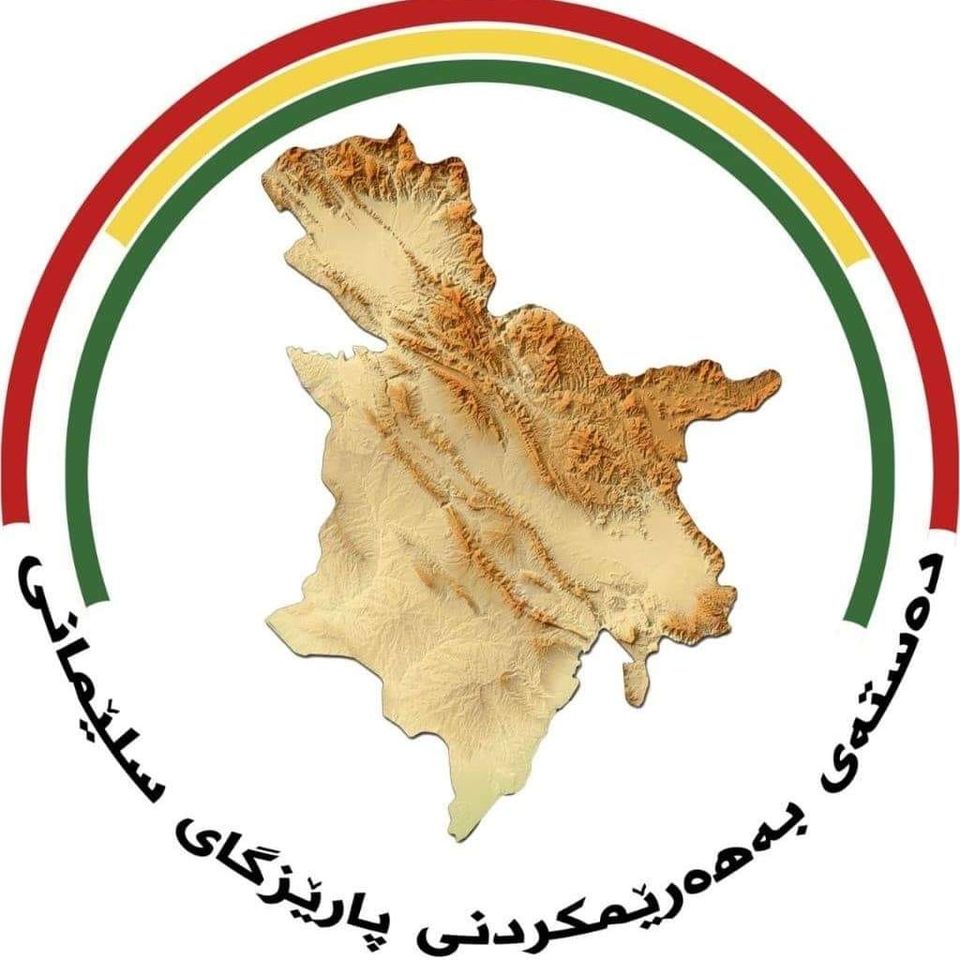
He stressed that agriculture, industry and tourism can be developed, “we can become one of the rich areas of Iraq and even the Middle East in a record time.”
Ghalib Muhammad, the MP, thinks agrees with the activists, “Slémani has the requirements for a federal region, but it needs a good administration.”
“Slémani cannot administer itself.”
A classified study by a joint committee from PUK and the Change Movement disappoints Nawshirwan Mustafa, the founder of the Change movement, as the content of the study does not match what is determined in the Iraqi constitution. It also says that “Slémani cannot administer itself.”
The content of the study covers the province’s aspects of judiciary, constitution and natural and economic resources. The study was written in 2016 when PUK and the Change Movement (Gorran) made a political agreement.
Nawshirwan Mustafa was among the prominent politicians who supported turning the province into a federal region. From the start of forming the Change Movement in 2009, he candidly expressed his support for it through his party’s media, saying, “without doubt, I am principally for it.”
But the study changes the mind of Nawshirwan Mustafa, according to a member of the committee.
“Slémani needs 500 billion dinars for salaries and spending, but it’s monthly revenues is 80 billion dinars,” according to the study. A number of sources from the Change Movement confirmed that to KirkukNow.
Federalization ends up like decentralization
Before these activists, decentralization was being used as a political card by the PUK and the Change Movement, both of which have strong support in Slémani, against KDP, which now dominates the Kurdistan Regional Government.
Any time conflict between PUK and the Change Movement and KDP rises, the decentralization issue is being brought up. Even the Iraqi President, Barham Saleh (PUK), discussed the issue with the governor of Slémani in May this year.
In July, the Slémani Administrative Council, which is dominated by the PUK and Change Movement, prepared a project for decentralization.
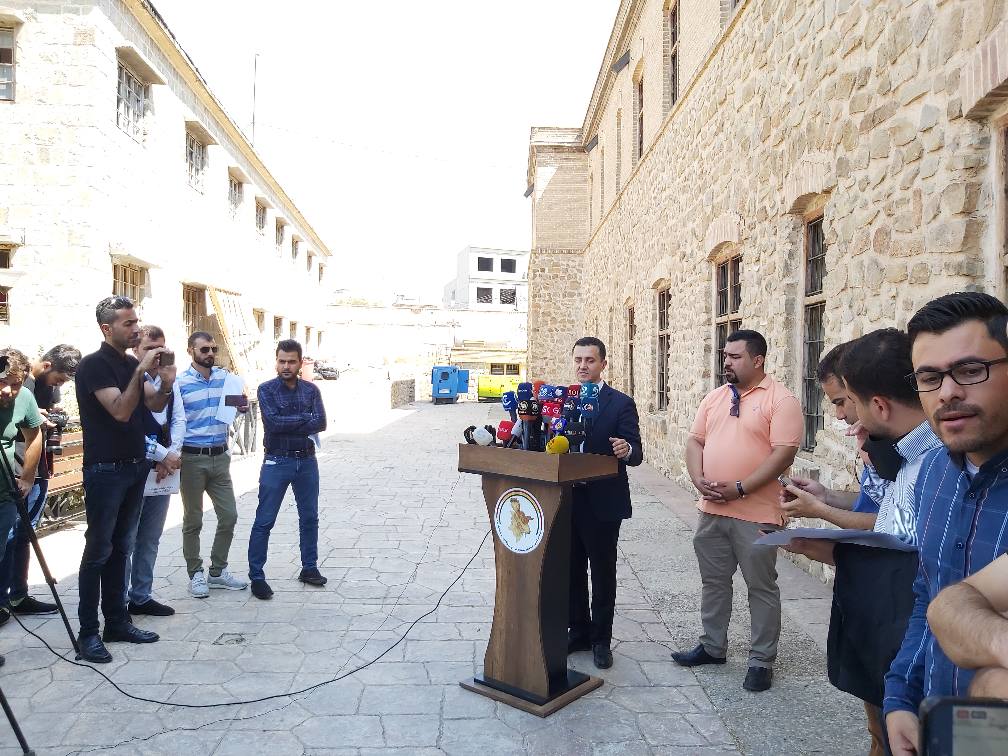
KirkukNow has found out that the Change Movement has been waiting for a response from the PUK for several months to hold a meeting.
The project for making Slémani a federal region comes at a time when relations between the major political parties in Slémani are in bad conditions. Six years after the provincial elections in 2014, the local government of the province is still not fully formed.
This time around, no political party has expressed support for the project. “It is true, the political parties don’t back us, but their supporters are with us. The leaderships of the parties don’t benefit from it,” Bayar said.
Constitutional hurdle
The Iraqi constitution talks of two kinds of regions: One region that is named is the Kurdistan Region, which is determined in Article 117. The second section of the article stipulates: the new potential regions will be formed based on the articles 118, 119, 120, 121.
The law for forming a region, Number 13 from 2008, stipulates that signatures of 2% of a province’s voters must be collected.
After that, the Election Commission must open polling stations and if 10% votes in favour of it, the commission must hold a referendum.
Then the province’s administrative council will form a temporary committee for writing a constitution and form a local government and parliament.
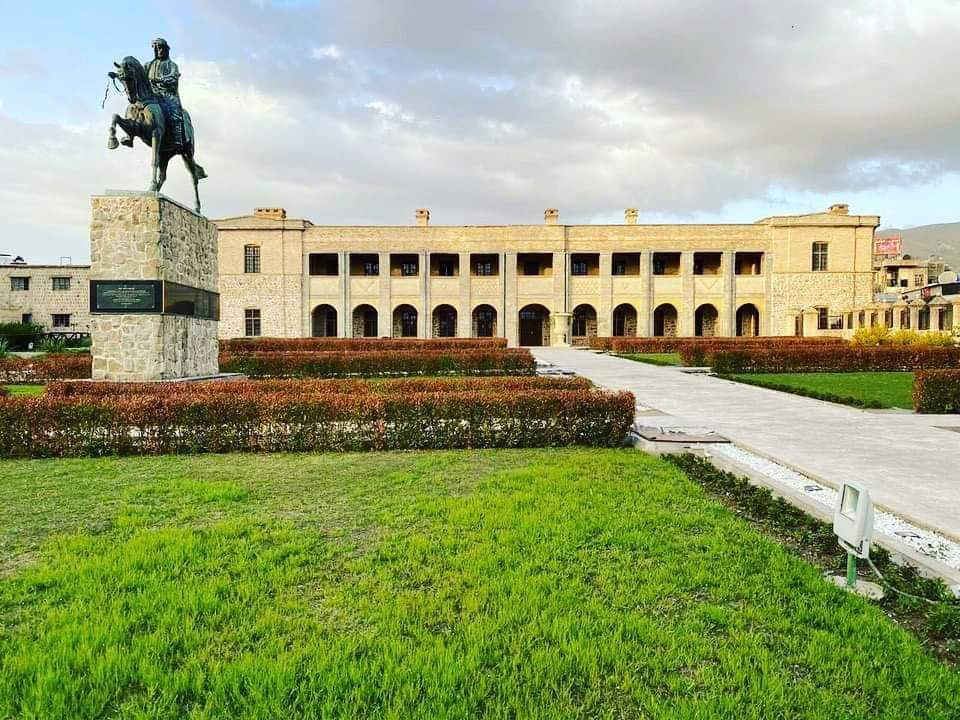
Another way is when two-third of the members of the province’s administrative council requests their province to become a federal region. In this case too, a referendum must follow.
Laitf Mustafa, a constitutional expert, says that there is a constitutional hurdle for Kurdistan Region’s provinces to become federal regions. He says, “In 2012, and at the height of Gorran’s power, Nawshirwan himself contemplated the federal region. At the time, I gave my opinion and said that the Kurdistan Region is determined as a federal region according to Article 117; the provinces of Kurdistan Region are united in one region. The articles in the constitution do not apply to them, but apply to the other 15 provinces.”
Latif Mustafa added: “For Slémani to be turned into a region, the constitution must be amended.”
Kirkuk and Basra also intend to become federal regions
Next to Slémani, there are voices from Basra and Kirkuk that demand to become federal regions. In April 2019, the Administration Council of Basra voted to become a federal region. The province has 80% of Iraq’s oil production.
In 2015, some Arabs and Turkmens in Kirkuk demanded the province to become a federal region. And nowadays a number of Kurdish activists work on that.
Hiwa Hasan, an activist from Kirkuk, told KirkukNow: “We will announce turning the province into a federal region soon. Kirkuk is one of the rich cities in Iraq, the region, and the world. If it is run by its people, we will make it to be one of the most developed cities in the world.”
Latif Mustafa said: “There are conditions for the provinces that fall under Article 140. At the end of Article 11, it says that determining the fate of these areas must come after implementing Article 140.”
Ghalib Muhammad also mentions another hurdle, “Iraq will not be able to create other federal regions as long as Basra is not accepted to be become one. And it is not ready to accept that.”

